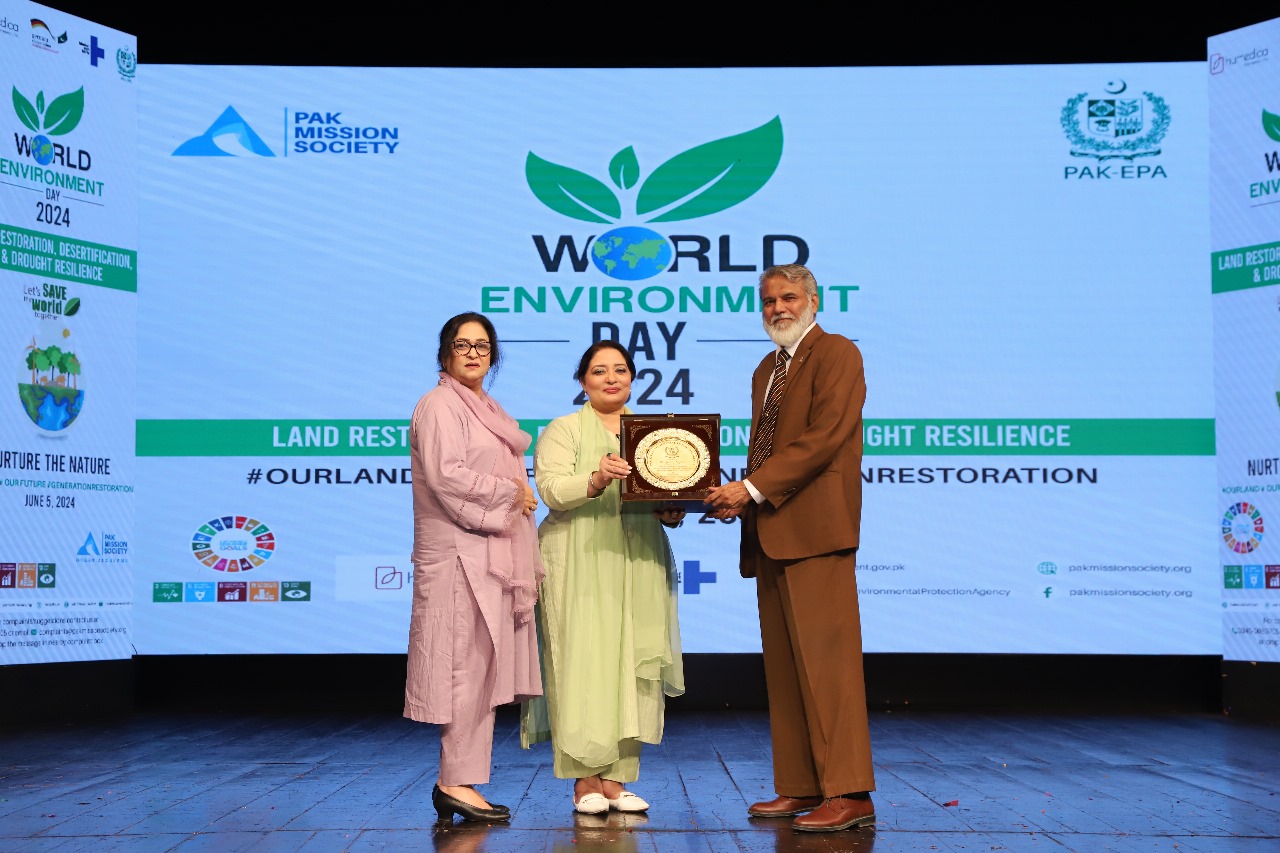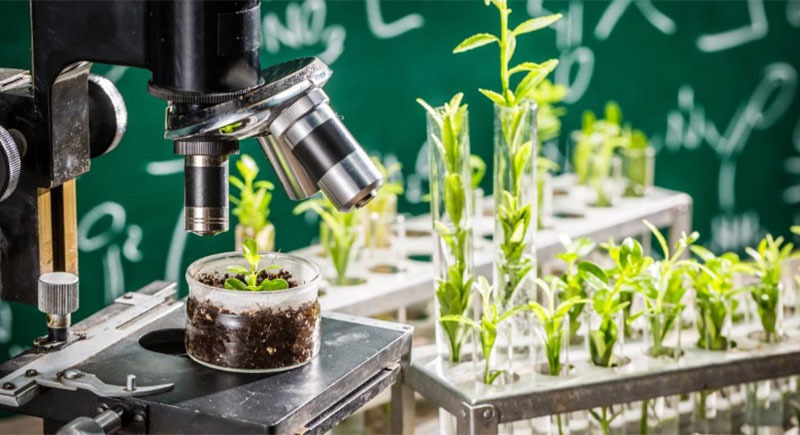Director General, Pakistan Environmental Protection Agency
Biotechnology holds immense potential to revolutionize agriculture, industry, and environmental
management, presenting transformative opportunities for sustainable development. However, its
advancement also brings inherent risks, requiring diligent management to ensure biosafety.
The National Biosafety Guidelines, 2005 (amended 2024), and Pakistan Biosafety Rules, 2005 (amended
2024), highlight Pakistan's commitment to advancing biotechnology in a manner that is both innovative
and responsible. These regulations provide a robust framework for the safe handling of genetically
modified organisms (GMOs) and related products. From laboratory research and field trials to the
commercialization and import of GM soybean for food, feed, or processing (FFP), these guidelines ensure
that every step is conducted with the utmost care for the environment, public health, and future
generations.
These guidelines serve as an essential resource for scientists, industry leaders, policymakers, and all
stakeholders involved in biotechnology. They outline critical protocols and best practices that
emphasize safety, sustainability, and ethical innovation, ensuring that progress aligns with the needs
of our communities and ecosystems.
I urge all stakeholders to fully adopt and implement these regulations as we collectively work toward
fostering national sustainability and innovation. By adhering to these guidelines, we can ensure that
our advancements in biotechnology are not only groundbreaking but also safe, ethical, and
environmentally sound, securing a legacy of responsible innovation for generations to come.
Ms. Nazia Zeb Ali
Director General (Pak-EPA)





